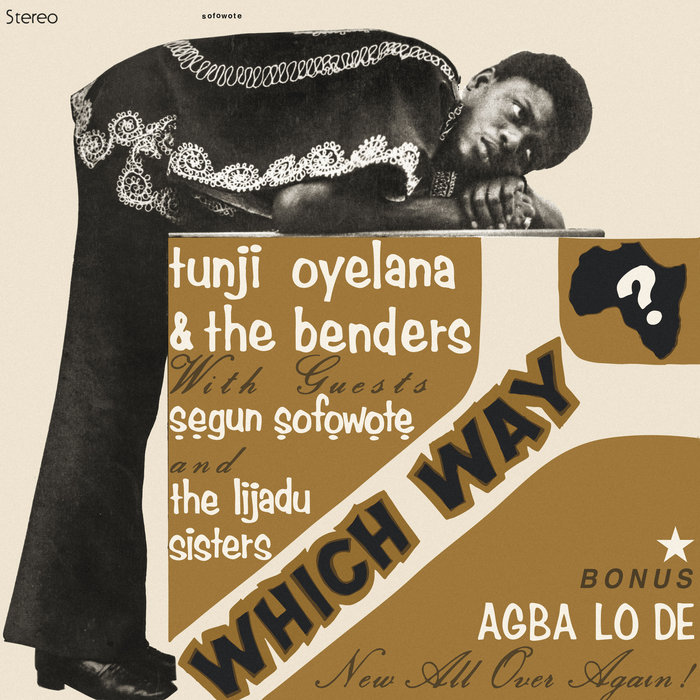
Ojo – Tunji Oyelana
this blog is GROOVY – check out great Soul, Funk, Jazz, Hip Hop, Bass, Breaks , Reggae, House n many more TUNES
Nigeria is a rhythm-soaked land where the beats and melodies tell stories richer than any novel. From traditional folk tunes to Afrobeats that make you want to dance all night, the music scene in Nigeria is as diverse as its cultures and languages.
Let’s kick it back to the roots! Traditional Nigerian music varies widely across its many ethnic groups—Yoruba, Igbo, Hausa, and countless others. Drumming plays a central role here. Talk about rhythm! Each region has its unique instruments like the talking drum (dùndún) from Yoruba land or the udu pot drum that can literally take a beating!
And guess what? Singing isn’t always just for entertainment; it’s deeply woven into rituals, celebrations, and even daily life. You haven’t truly experienced Nigerian culture until you’ve heard an ancient folk song sung at a wedding or a festival.
Did you know that some musicians would hire “griots” (traditional storytellers) not just for their poetic skills but because they knew how to roast friends playfully? Yep! It was common for these storytellers to throw in some cheeky jabs during performances—but all in good fun!
Fast forward to the 20th century when Highlife made waves along with jazz influences from returning sailors. This genre celebrated life’s pleasures with catchy guitar riffs and upbeat vibes—a definite invitation to groove on the dance floor.
Highlife had singers like E.T. Mensah putting Ghanaian sounds on blast while also inspiring fantastic Nigerian artists like Victor Uwaifo with tracks that’ll still get gramps doing his signature moves!
In those days, musicians often wore flashy outfits made out of Ankara fabric—and let’s be real—the bigger your glasses were, the cooler you looked! Imagine sunglasses so large they could double as shields against sunlight—now that’s fashion!
As we boogie through time into the ’70s and ’80s… enter Juju music! This genre was basically Highlife’s cousin who really liked electronic sounds mixed with traditional Yoruba rhythms. And no one brought it more into mainstream consciousness than King Sunny Adé—yes, he’s quite literally royalty in this game.
Adé took Juju worldwide with his infectious grooves that could turn any gathering into an all-night rave party filled with dancing feet everywhere! His band often included multiple guitarists playing intricate melodies while drummers dropped heat like nobody’s business.
King Sunny Adé used over 100 different guitars throughout his career—not because he broke them but rather because he believed every song deserved a new sound vibe! Talk about taking “new strings” seriously!
Now let’s talk about Fela Kuti—was there ever anyone quite like him? He didn’t just create Afrobeat; he practically invented it whole cloth while mixing jazz elements into funky rhythms infused with social commentary too spicy for some people’s taste buds!
Fela had more than ten wives at one point—I mean come on… doesn’t that deserve its own headline? His crazy lifestyle mirrored his revolutionary spirit; everything was larger-than-life—from his political protests down to those unforgettable live performances where entire audiences couldn’t help but shake their tails off.
Fela once allegedly knocked out a police officer during an intervention using only one punch after being wrongfully detained—for him though?? Just another day at work performing three-hour concerts right afterward without breaking a sweat! Legend status unlocked!
Swoosh ahead into today’s scene where Afrobeats reign supreme—a blend filled well beyond borders thanks largely due global superstars such as Wizkid & Burna Boy taking us by storm alongside female powerhouses including Tiwa Savage serving major #goals everywhere they perform—with countless fans celebrating their roots worldwide through dance challenges online (#JerusalemaChallenge ring any bells?)
These artists pull inspiration from several genres spanning pop culture all around Africa…and have effectively turned Lagos parties INTO global festivals spreading joy faster than lightning struck ‘cause everybody wants some happiness served hot amirite?!
Burna Boy famously claimed he’s related directly WITH African Giant ancestry—which gives us hope every time we forget our keys somewhere—thank goodness someone out there embodies musical talent straight from ancestral lineages—you never know when family reunions might showcase killer grooves instead of awkward silences right?
So whether you’re shuffling under twinkling lights at your local bar listening high-energy tunes or even letting loose alone in your living room singing along—we can agree Nigeria’s musical journey has been nothing short of electrifying🌟 Let loose & embrace every beat folks—it never fails finding unity within diversity wherever rhythm calls home❤️

Ojo – Tunji Oyelana
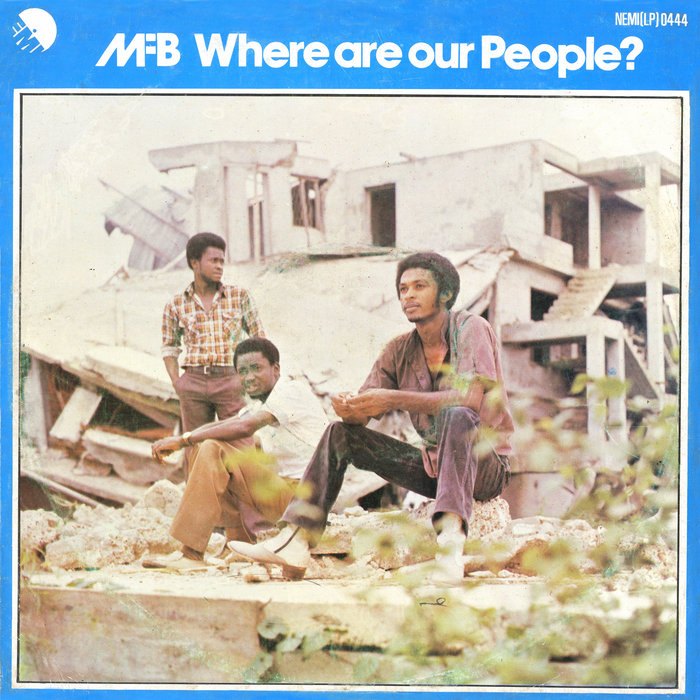
Beware – Odion Livingstone
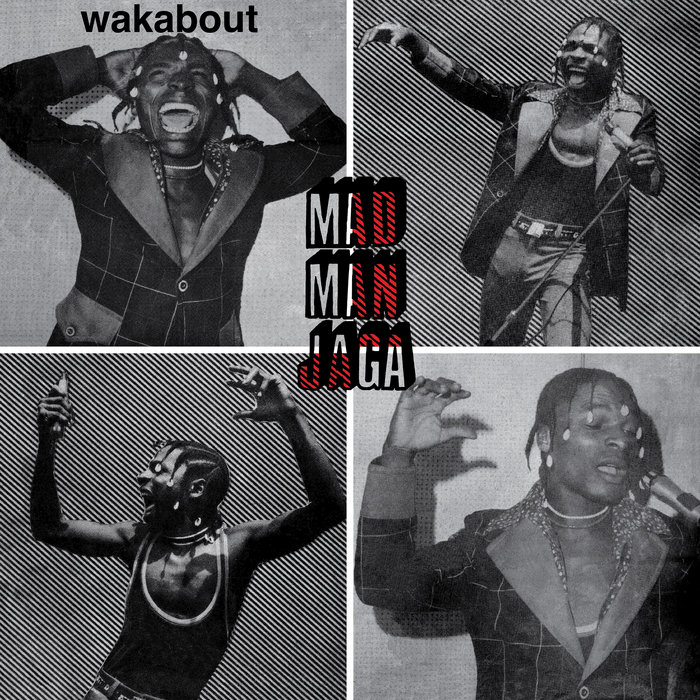
Hankuri – Dig This Way Records
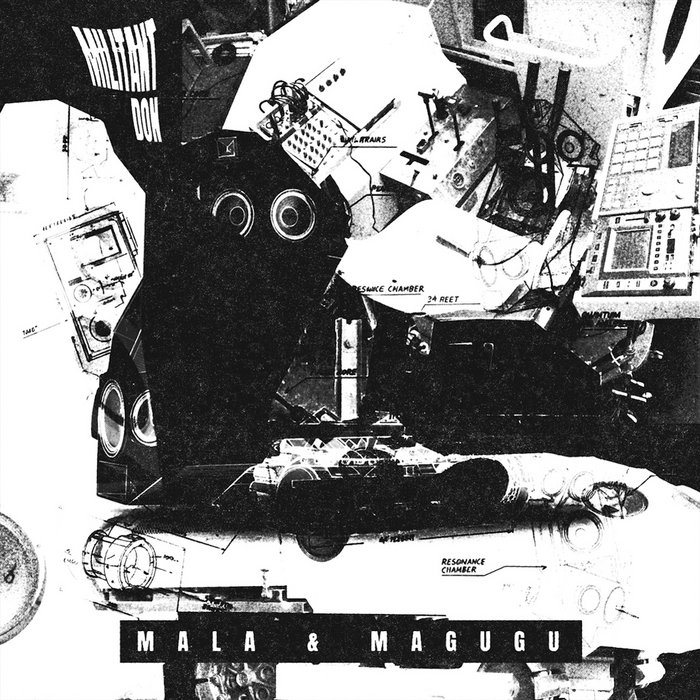
MILITANT DON – Mala x Magugu
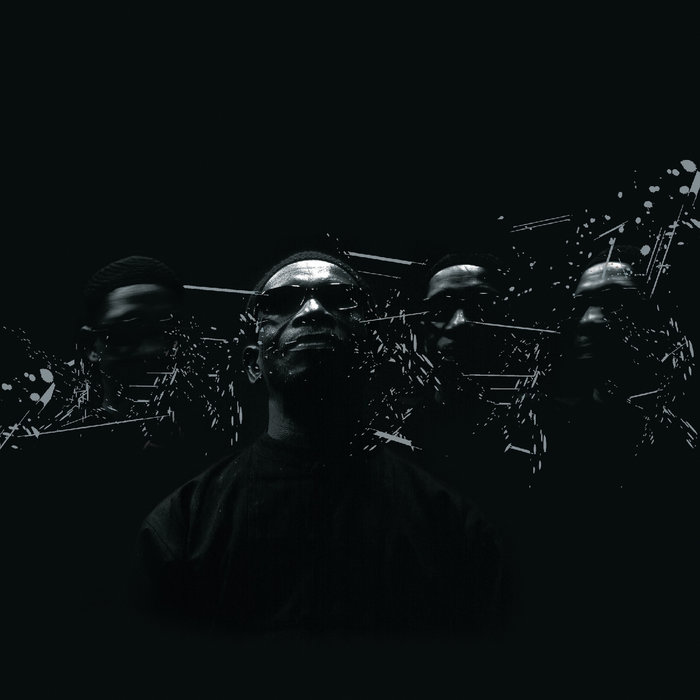
Eparapo – Tony Allen

Ale – Tony Allen
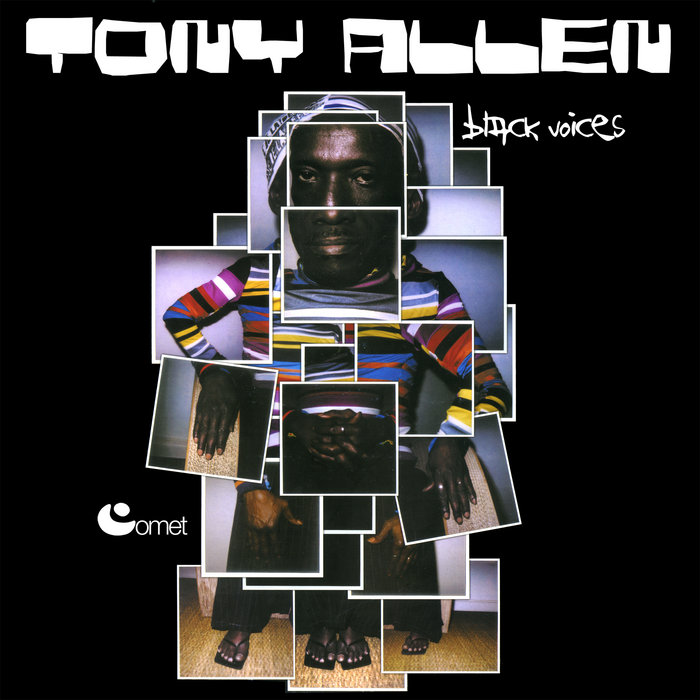
Black Voices (we are what we play mix) – Tony Allen
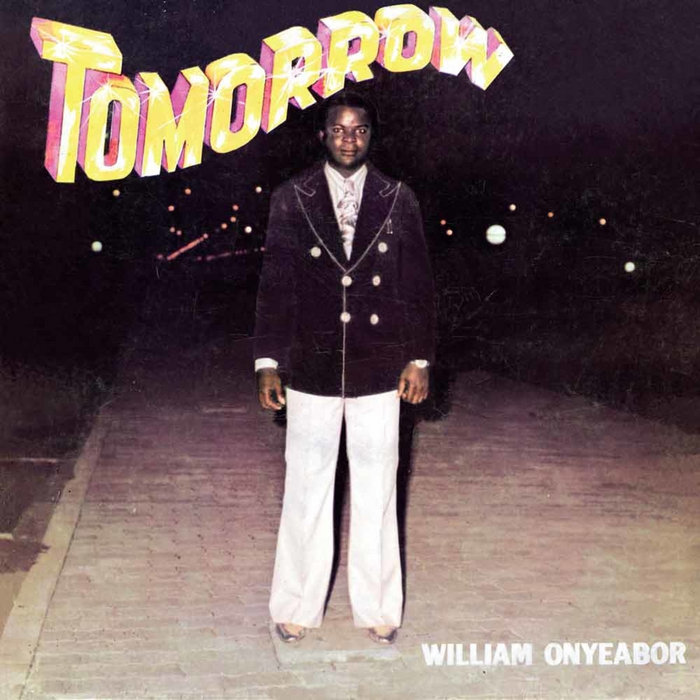
Fantastic Man – William Onyeabor
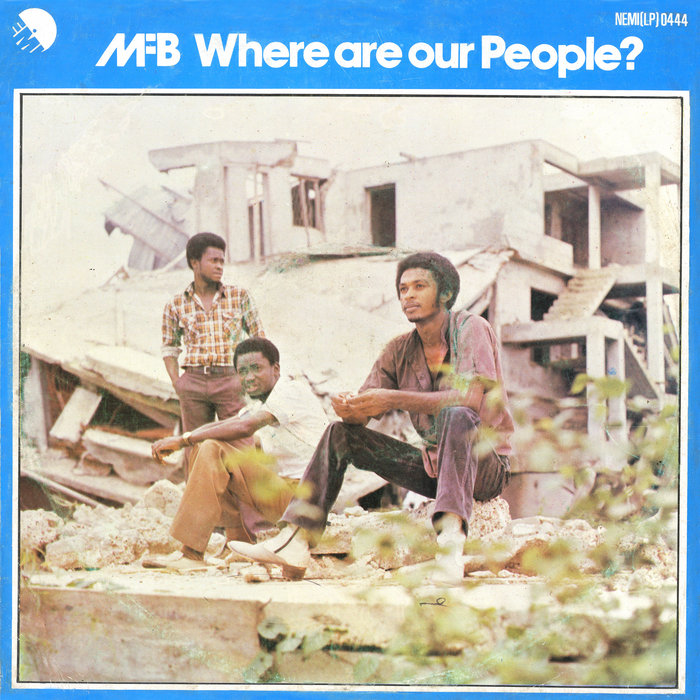
Little Girl – Odion Livingstone
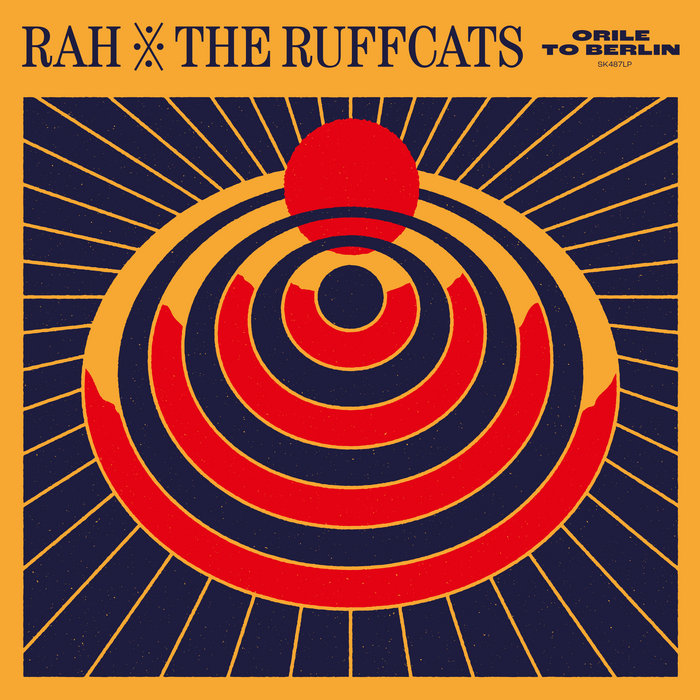
Orile to Berlin – RAH & The Ruffcats